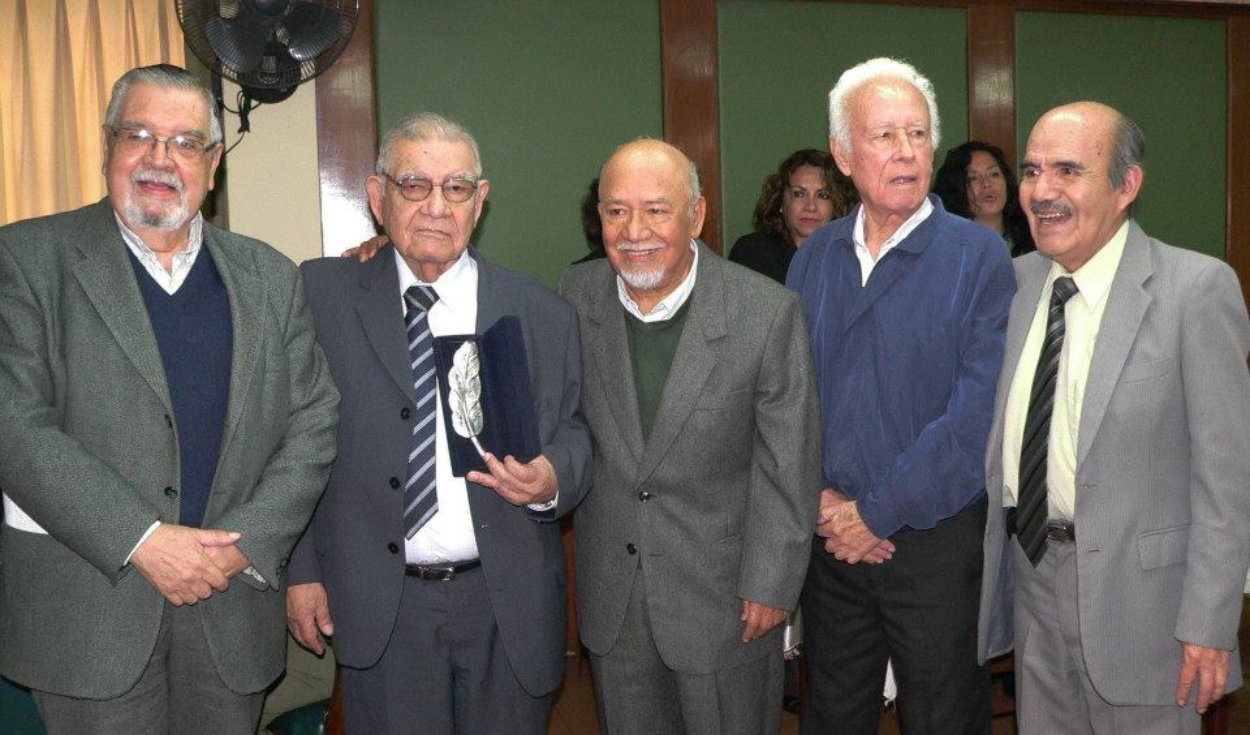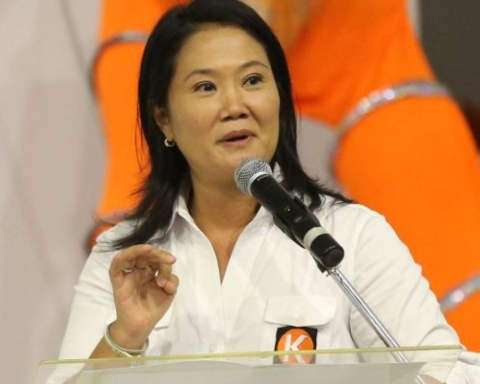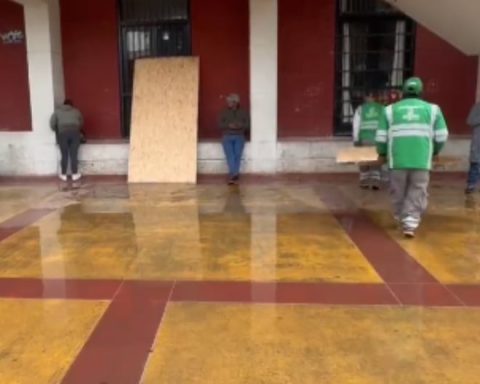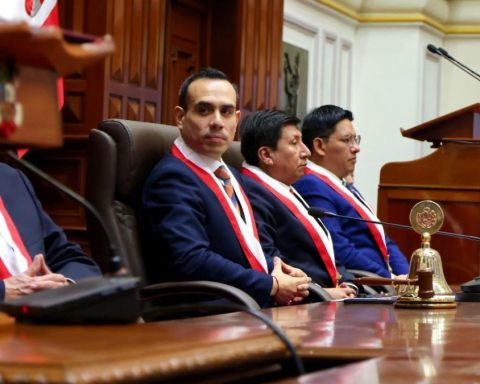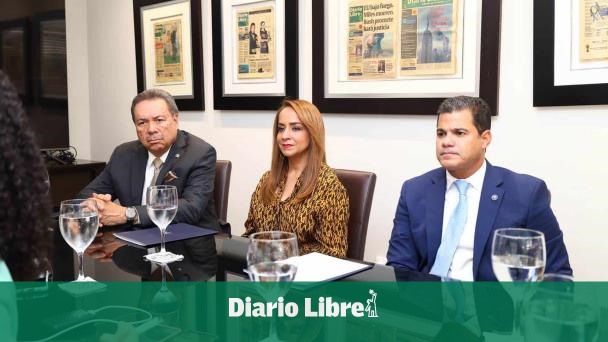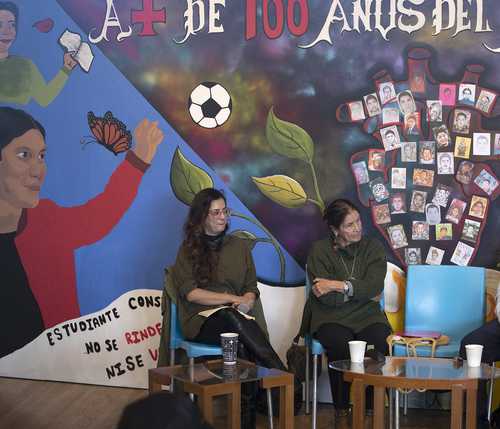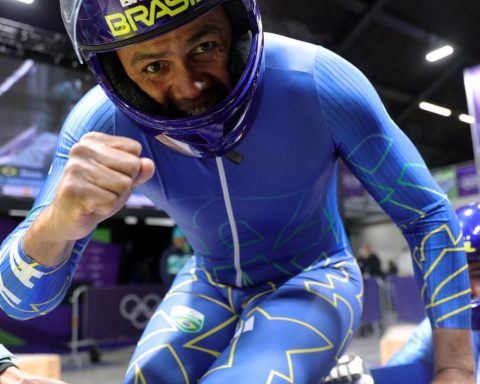At 90 years old, Mr. Juan Gargurevich He continues to be the chronicler, narrator, historian of journalism, the open, lively, intense, passionate book that he has been for decades for his students and colleagues in the profession. Right now, in these precise moments when I interrupt him, he is immersed in writing a story about the Angamos combat and how the press reported it at that time. Several books related to the subject surround it. On one side, while we exchange impressions, some little doves are fussing in the patio of his home, coming and going, getting closer, catching his attention. He looks at them. He attends to them. “They hear my voice and ask me for their food,” he tells us. Then he goes to a corner, takes out a bunch of grains and scatters them. The birds swoop down and enjoy the food offered.
–October 1, Journalist’s Day, is approaching. There are those who say that there is nothing to celebrate, because there is a servile press, a geisha press. Others believe there is still hope.
-I am very clear about this. Journalists must celebrate. Because I believe that journalism is divided into two: good journalism and bad journalism. And we are supporters of good journalism, we have to celebrate that. I don’t see why this custom has arisen of saying there is nothing to celebrate because there are problems. There have always been problems. Being a journalist has always been difficult. It has been difficult to find employment, communicate, have autonomy, have independence and earn well.
–But don’t you think that critical journalists are becoming fewer and fewer? Are the majority those who remain silent, those who remain silent in the face of power?
-Well, there is the division between good journalism and bad journalism… There is a starting point: journalism has always been political, there has never been apolitical journalism. It has always been journalism from one side, from positions, from parties, from religion. So don’t be surprised by that. We have gone through terrible times like that of Fujimorism, a very painful time for journalism. And now there is a journalism sector linked to the Government sector. It has always been like this.
Trolls do not forgive
Gargurevich is very critical of what the Fujimori brand has meant for journalism. His last comment on social networks had quite a few reactions. For and against. Of course, trolls are unforgiving. They rained grievances on him, orange style. But that doesn’t scare the eminent press man. “The truth is that nothing surprises me anymore. I have seen so many things in my life as a journalist.”
One of the aspects that satisfy him today is investigative journalism. He was present at the distinction to Ángel Páez, head of Research at La República, in San Marcos. “There is now extraordinary investigative journalism that we should celebrate. And that there was not before.” He also thinks the current chroniclers are great, Villanueva, Seagull, Titinger, Oaks… “Yes, there are reasons to celebrate,” he repeats.
brilliant generation
Gargurevich, the man who has 30 books on journalism, profiles of reporters, press histories, manuals used in the training of numerous chroniclers, belongs to a generation, the 1950s, fruitful, which marked Peruvian journalism.
I was fortunate to join when a new generation of young, enthusiastic people was changing journalism both professionally and professionally. In 1950 they founded the Federation of Journalists, they modernized La Prensa, La Crónica, they founded Ultima Hora, comic strip characters were born. I remember the editorial staff of La Prensa led by Alfonso Grados Bertorini, the young people of Ultima Hora led by Raúl Villarán and Efraín Ruiz Caro. I entered La Crónica in 1954 and there they were Manuel Jesus OrbegosoAntonio Fernández Arce, Hernán Velarde, Pocho RospigliosiHéctor Arellano, Milton von Hesse, Carlos Ney Barrionuevo, Carlos Paz, replacing the old editorial staff that Vargas Llosa had known two years before, in 1952. And magazine racks such as Paco Igartuathe tireless Genaro Carnero Checa, Domingo Tamarizwhich has told better than anyone the story of that generation, which gave way to the new journalism of the 60s, perhaps one of the best decades in the history of Lima daily journalism, no one sold less than one hundred thousand copies.
ChatGPT cannot go out on the street
Juan Gargurevich Regal (Mollendo, 1934). Conversational, witty, festive, detail-oriented, lavish in anecdotes, in stories, in readings that he has added throughout his life. He tells, describes, lists and shares what he has experienced, as if he had tamed his wild years of journalism, teaching, and research, to show them to those who appreciate the wisdom of years and experience.
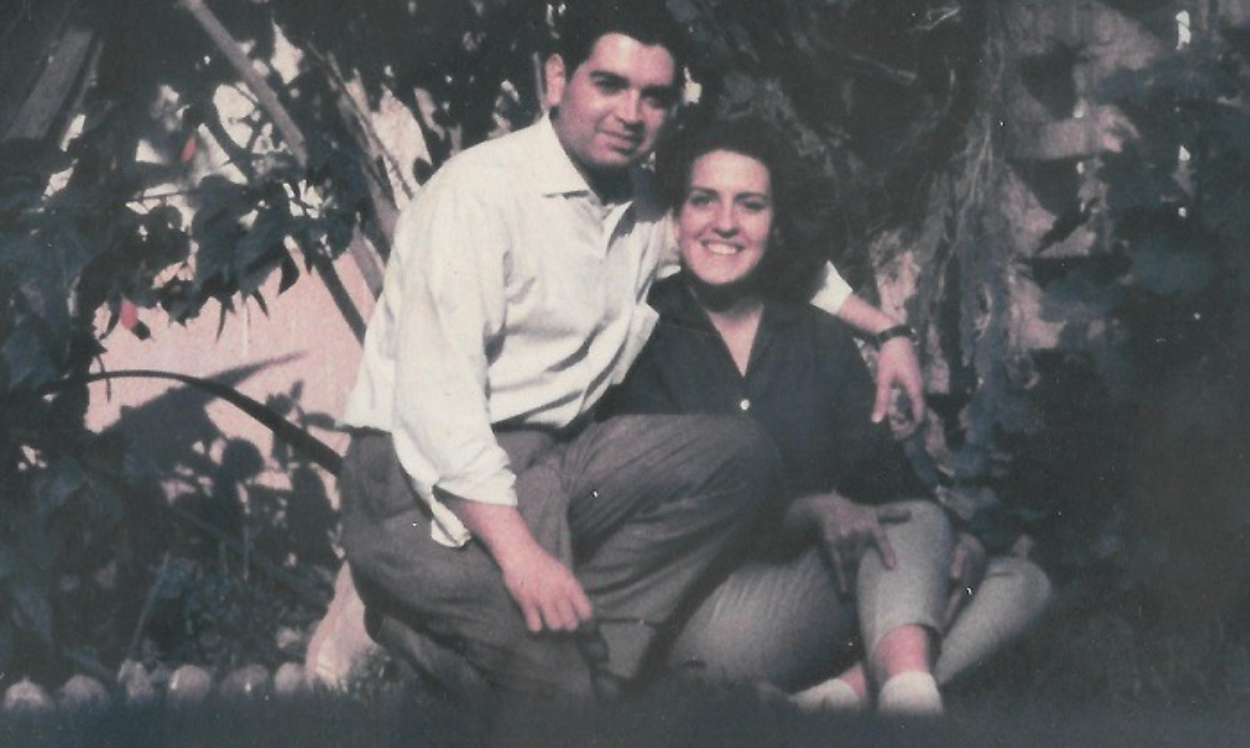
Visiting it in its large library is amazing. It’s like diving headfirst into the history of the news, the characters of this profession, its lights and shadows.
–Journalism continues to change, professor.
-In teaching I have come across new technologies, but basic journalism has not changed, it is the job of collecting information, editing it and disseminating it. Throughout history, media have changed, papyrus, parchment, paper, the Internet, but a new method of doing journalism has not yet been invented. Umberto Eco said that there are two things that cannot be changed, the wheel and the scissors. Well, we must add journalism.
–Will technology make better journalists?
-There will be different generations. Now they require English, networks, they are multitaskers, they do everything, photography, audiovisuals, broadcasting… Before, journalists started in the infantry: the street, like me, like you, like others… although the literati were also involved. to journalism… By the way, the chronicle has resurfaced.
–Artificial intelligence, don Juan?
-Artificial intelligence cannot even describe Chibolin nor to Dina Boluarte. AI cannot keep up with journalists, who will always be better. AI can be a reference. But ChatGPT cannot go out into the streets. I do tell you that when I returned to teaching it was difficult for me to adapt to Zoom, Google Meet, Microsoft Teams, those things that are already natural for a young person…
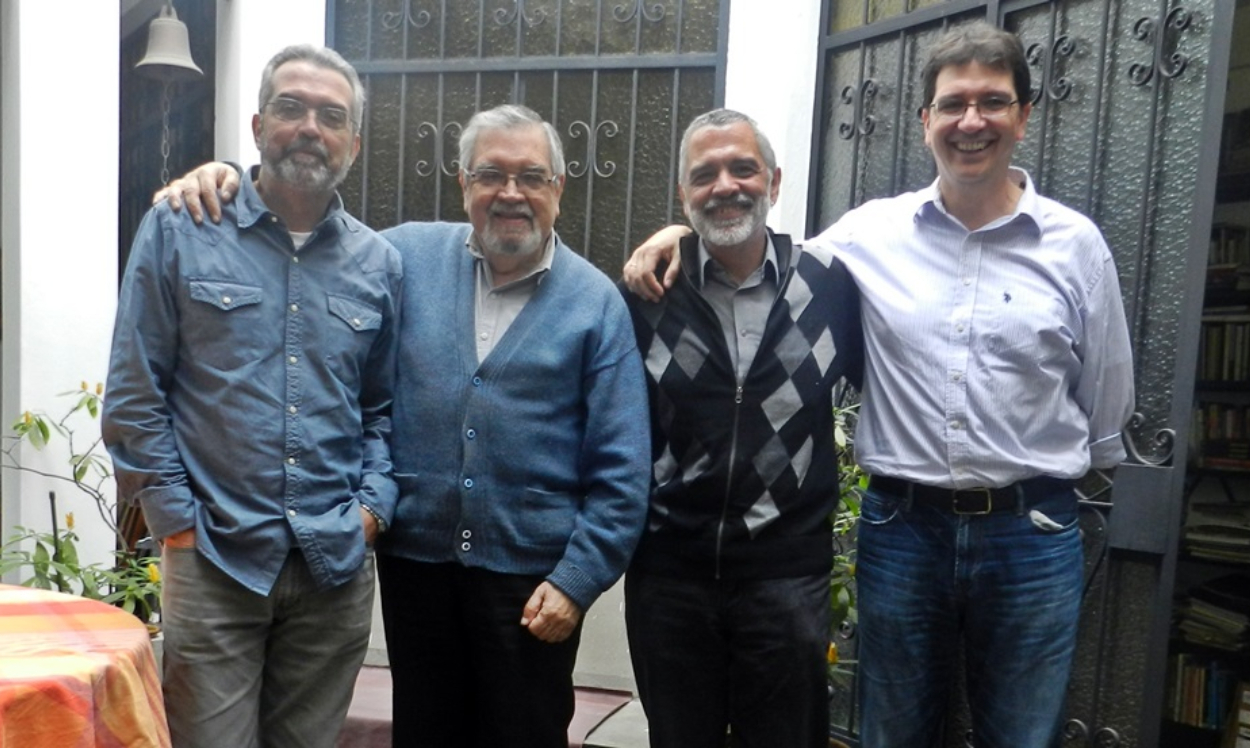
The man and his books
His books have merged with him, they have become himself, and that is why he is like a walking library, whose dialogue enriches. In his home he is surrounded by books by Fallaci, Talese, Woodward, Capote, Montero, Remnick. Books by Tamariz, Lévano, Thorndike, Vargas Llosa. His own books. Collections, curiosities, notes, magazines, old diaries and photos. He is a spreader of the journalistic virus.
–Will there not be more contagion of that virus in print?
-Well, we have the privilege of witnessing a process similar to what happened in Gutenberg’s time. Everything was by hand, on parchment, and Gutenberg appears, who united a series of inventions in the printing press. Well, all of that is in the process of extinction, because 80% of paper newspapers in the world have already disappeared…
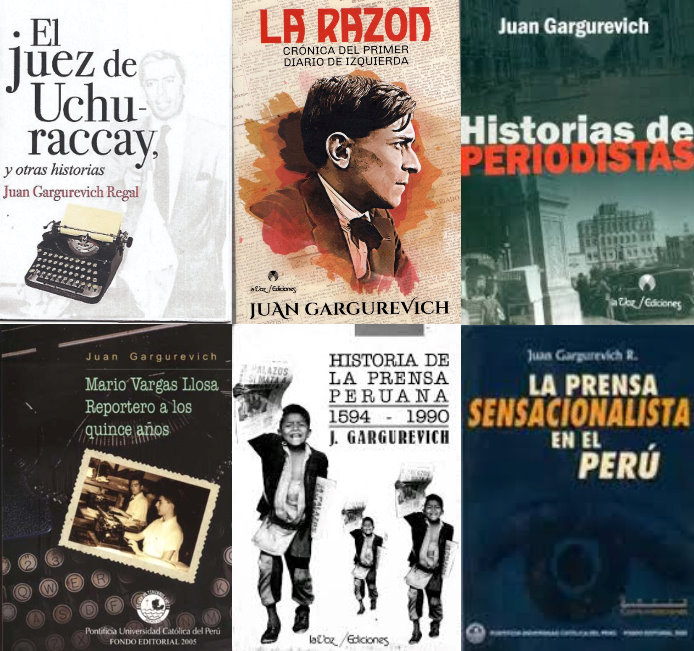
–Is print journalism inevitable?
-Yes, yes, yes. It will last, years longer, sometimes the processes are long. But people already see less and less on paper. There’s the cell phone… Well, I think there’s still room. We are in a very interesting time of change.
